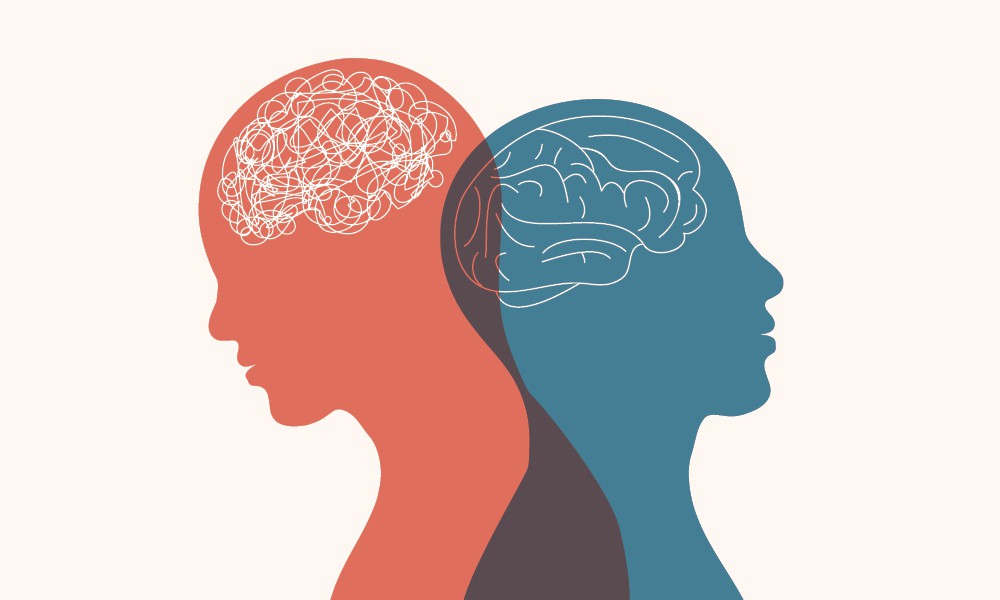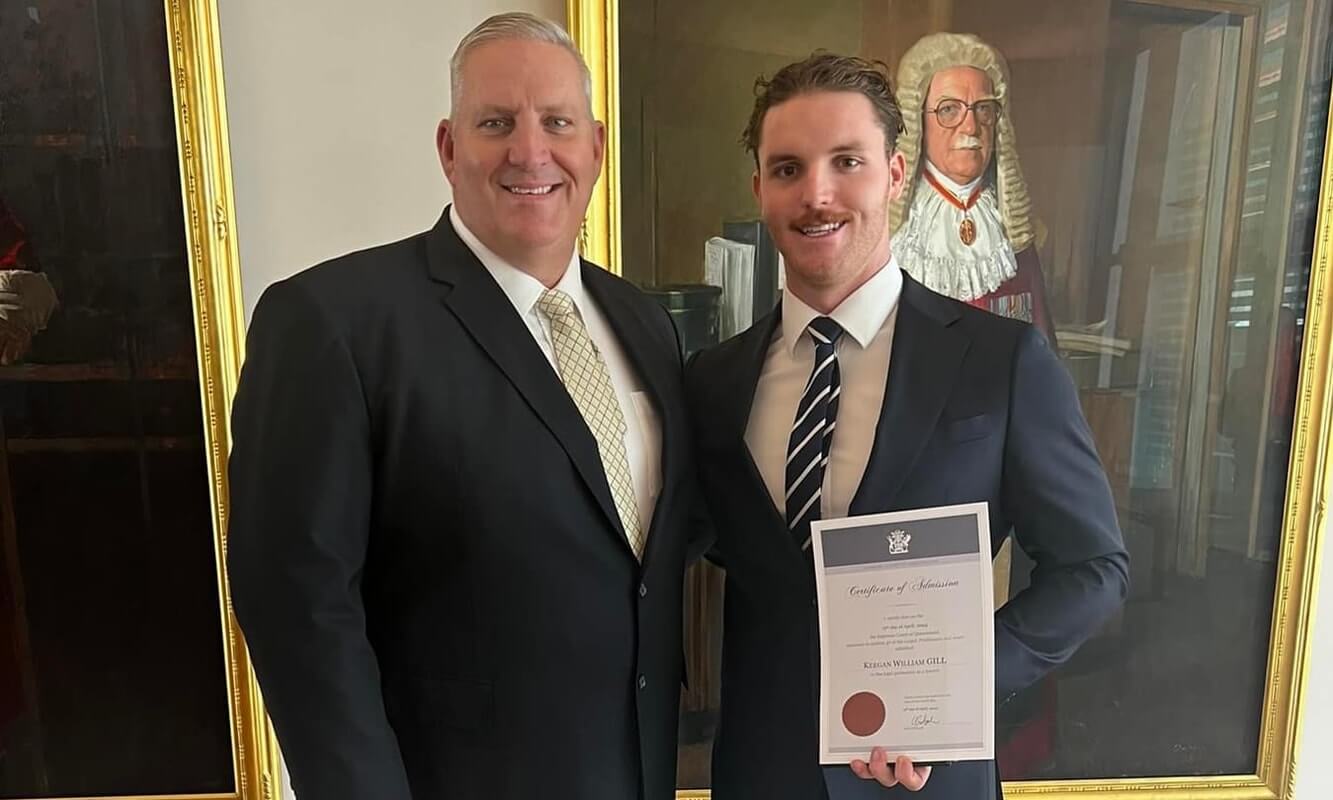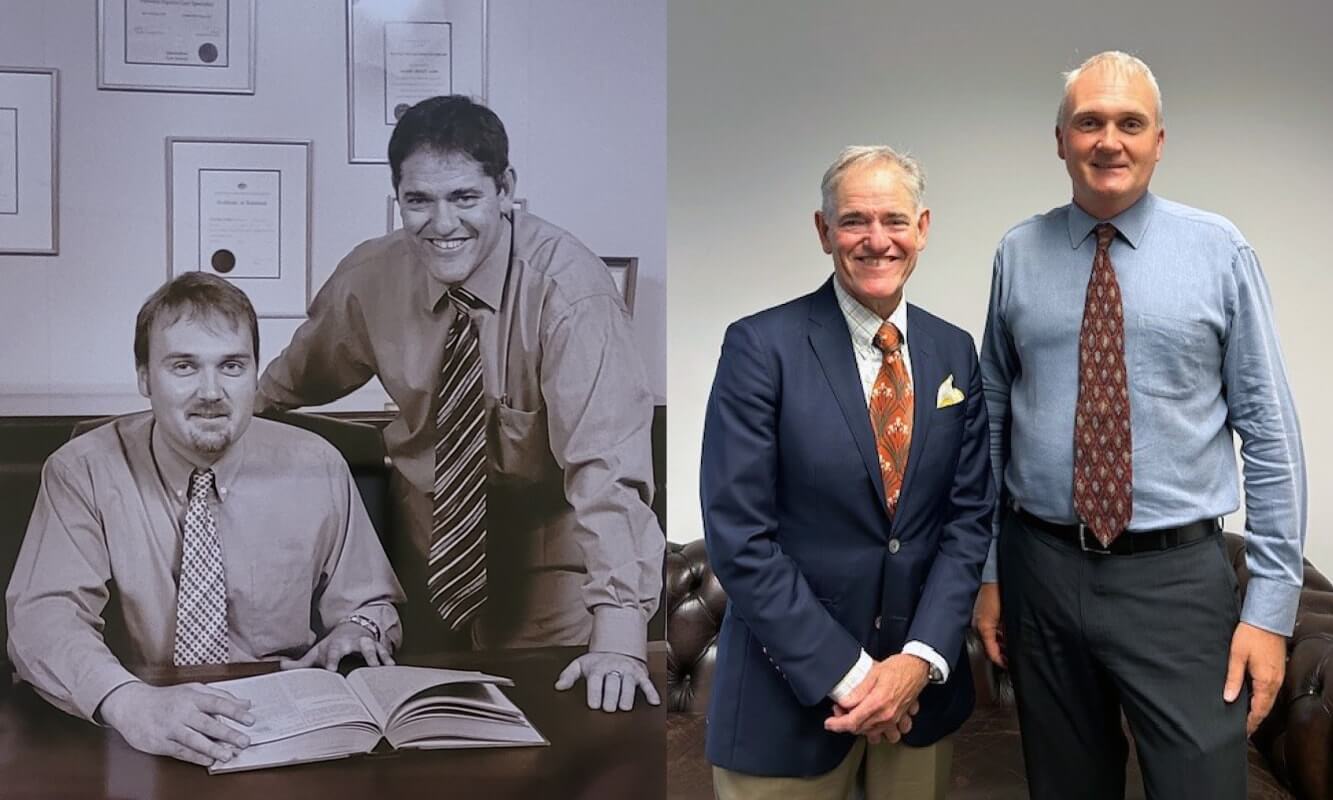In her swearing in speech on 22 March 2022, Chief Justice Helen Bowskill said:1
“As some of you may know, I did not have a direct path to legal studies from school. I had to apply for special consideration to get into QUT to study law because my school leaving results were affected by earlier failed attempts at studying because of mental health struggles. I am lucky they let me in… That life experience is perhaps part of the reason why I am happy to be an advocate for, and will continue to support, efforts to improve the mental health and well-being of judicial officers, lawyers and law students.”
The fact that a swearing in speech by a Chief Justice included a reference to mental health issues is a hugely significant sign of the changing attitudes towards mental health in the legal profession. However, as long as a stigma remains, there is work still to be done.
Mental health in the profession
High levels of mental illness in the legal profession is by no means a new revelation. In her paper presented to the ODPP Crown Prosecutor’s Conference, Justice Bowskill (as she then was) referred to:2
- a 2006 annual survey of professionals, which found that members of the legal profession were more likely than other similar professions to report moderate to severe symptoms of depression, and to use alcohol and drugs to overcome feelings of depression and sadness
- a 2009 study of depression literacy and psychological distress in Australian law students and practising lawyers, which revealed high levels of psychological distress and risk of depression when compared with Australian community norms
- a 2012-2013 national survey of almost 1000 Australian legal professionals, which found the levels of depression, anxiety and stress among respondents to be high
- a 2017 study to compare the relative rates of vicarious trauma amongst lawyers and mental health professionals, which found that lawyers experienced higher levels of symptomatology indicative of vicarious trauma compared to mental health professionals.
We know that even the strongest and most accomplished lawyers can struggle with their mental health. Another pioneer in bringing mental health issues out of the shadows is former Federal Court judge Shane Marshall.
Justice Marshall disclosed his battle with depression in a series of interviews in February 2015. It was reported that he was believed to be the first sitting judge in Australia to speak publicly about his struggle. As one journalist who interviewed his Honour observed, “[i]t’s difficult for anyone to make themselves this vulnerable, let alone a 20-year veteran of the Federal Court bench”.3
Justice Marshall told the ABC:4
“I was first diagnosed with depression in 2008 and was given a mild antidepressant and some strategies for recovery by a psychologist.”
His Honour also told the ABC that he worked three times as hard to overcome his symptoms, and no issues have been raised with either his judgments or his conduct on the bench.
Looking after ourselves
Chief Justice Bowskill’s papers offer a number of suggestions for managing the stress and stressors associated with legal work. Her Honour found the following things to be helpful:5
- “Find a few close colleagues you can trust, to talk about things that are troubling you.
- “Speak up – let the leaders of your organisation know if you are having difficulties, either with workload or type of work or whatever it might be.
- “Share a laugh with friends and colleagues.
- “Have other interests – so that you can, or have to, leave work behind.
- “Take your holiday leave, regularly.
- “Consider ‘e-mental health’ resources.
- “If you are struggling, don’t hesitate or wait too long, seek professional help as soon as you can.”
As Justice Marshall observed, mental illness is no different from any serious physical condition that might need to be managed with medical treatment.
Looking after each other
Many people are still not well informed about how to recognise mental health problems, how to respond to co-workers and colleagues, and what treatments are available. One way for legal professionals to extend their knowledge and skills is through a Mental Health First Aid course, offered by Mental Health First Aid Australia.
The Mental Health First Aid course contains an e-learning component which covers mental health problems including depression, anxiety problems, psychosis, substance use problems, gambling problems and eating disorders. It also covers risk factors and appropriate evidence-based treatments and supports.
This is followed by a face-to-face component (which can also take place virtually), which teaches the skills needed to recognise mental health problems and crises in co-workers and colleagues. It also teaches how to approach someone and have a conversation about mental health, and to let them know what resources are available.
The Mental Health First Aid course does not teach people to provide a diagnosis or therapy. Instead, it provides Mental Health First Aiders with the skills and knowledge to immediately assist any colleague who is struggling mentally, and to direct them to professional treatment and other supports if necessary.
Course by course, and through leadership from those such as new Chief Justice Bowskill and former Justice Marshall, we can make our profession a safer place to work. The more we talk about mental health, both in wider society and within the legal profession, the more we break down the remaining stigmas surrounding mental health.
Support for those experiencing mental illness can be found through organisations such as Lifeline and Beyond Blue.
Glen Cranwell is a Mental Health First Aider. The views expressed are his own.
Footnotes
1 Tony Keim, ‘Chief Justice Helen Bowskill sworn in’, QLS Proctor (web page, 22 March 2022).
2 Justice Helen Bowskill, ‘Acknowledging and dealing with the cumulative trauma and stress of your role as Prosecutors’ (Presentation to the ODPP Crown Prosecutor’s Conference, 29 June 2021) 2-4.
3 ‘Federal Court judge says pressures of legal profession are ‘toxic’’, ABC (web page, 20 February 2015).
4 Di Martin, ‘Caught in the stigma trap: the cost of mental illness in the workplace’ ABC (web page, 22 February 2015).
5 Justice Helen Bowskill, ‘Cumulative Trauma and Stress as a Judicial Officer’(Presentation to Queensland Magistrates, 25 March 2021) 15-16; Justice Helen Bowskill, ‘Acknowledging and dealing with the cumulative trauma and stress of your role as Prosecutors’ (Presentation to the ODPP Crown Prosecutor’s Conference, 29 June 2021) 12.














Share this article